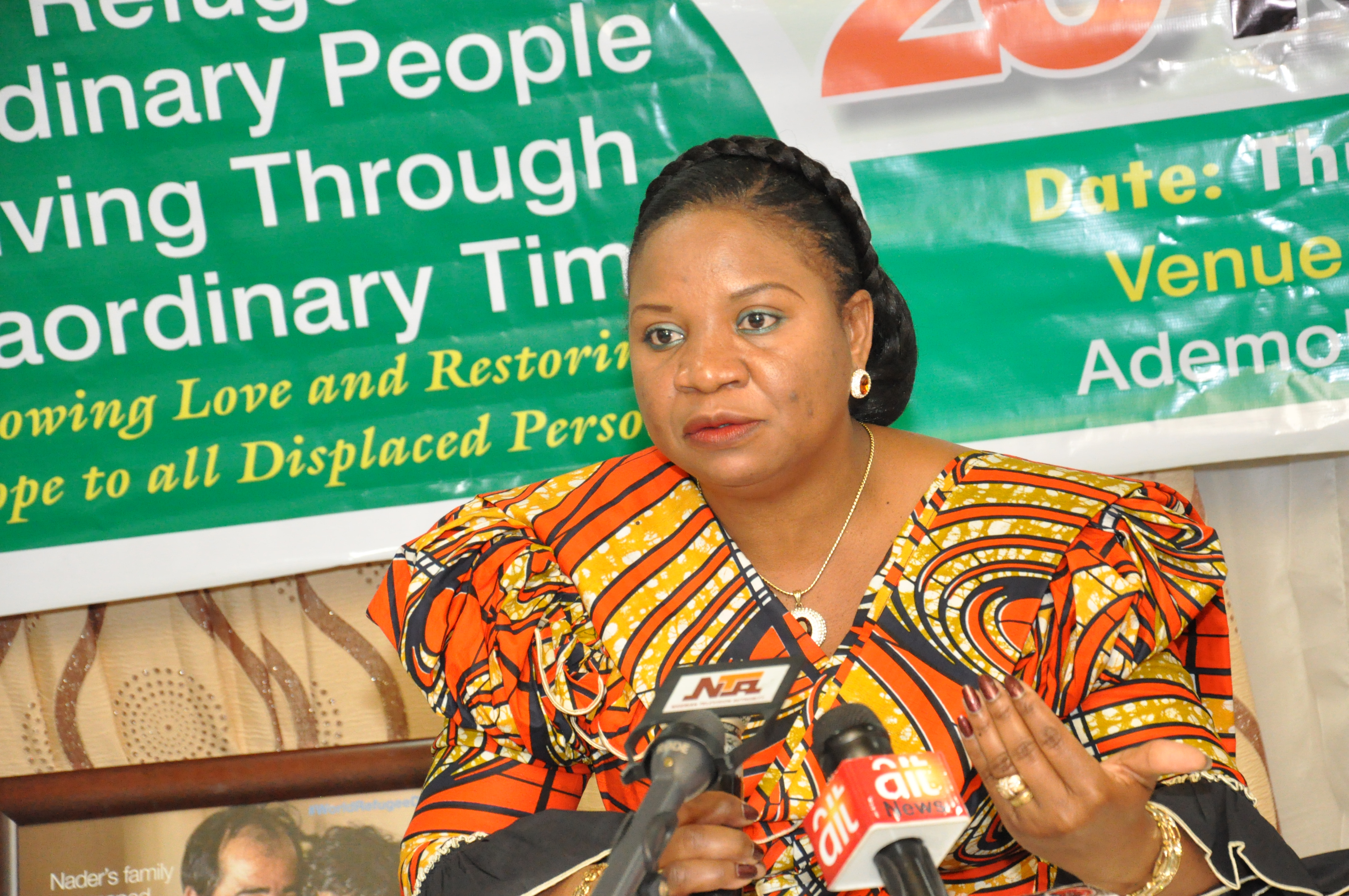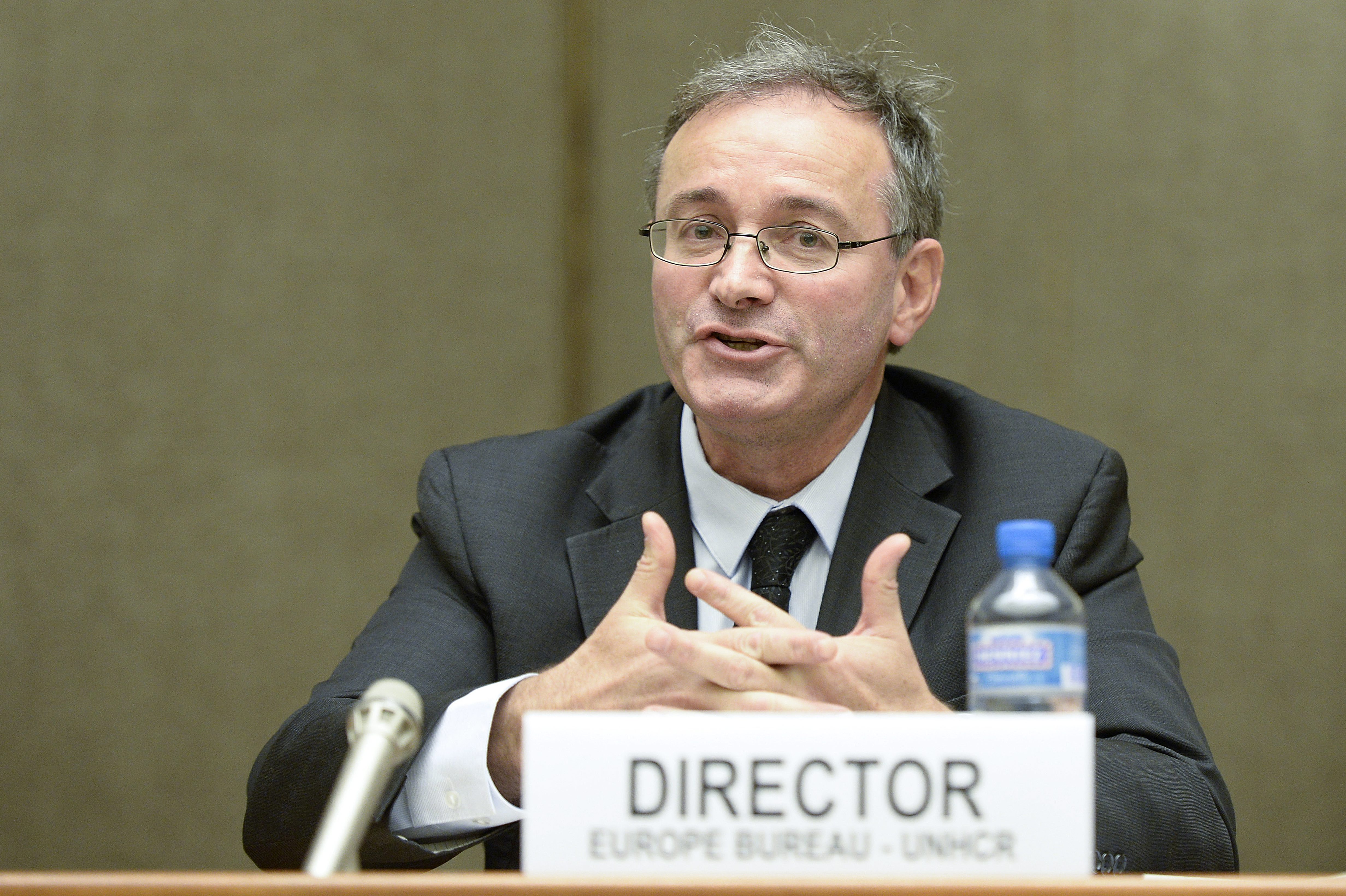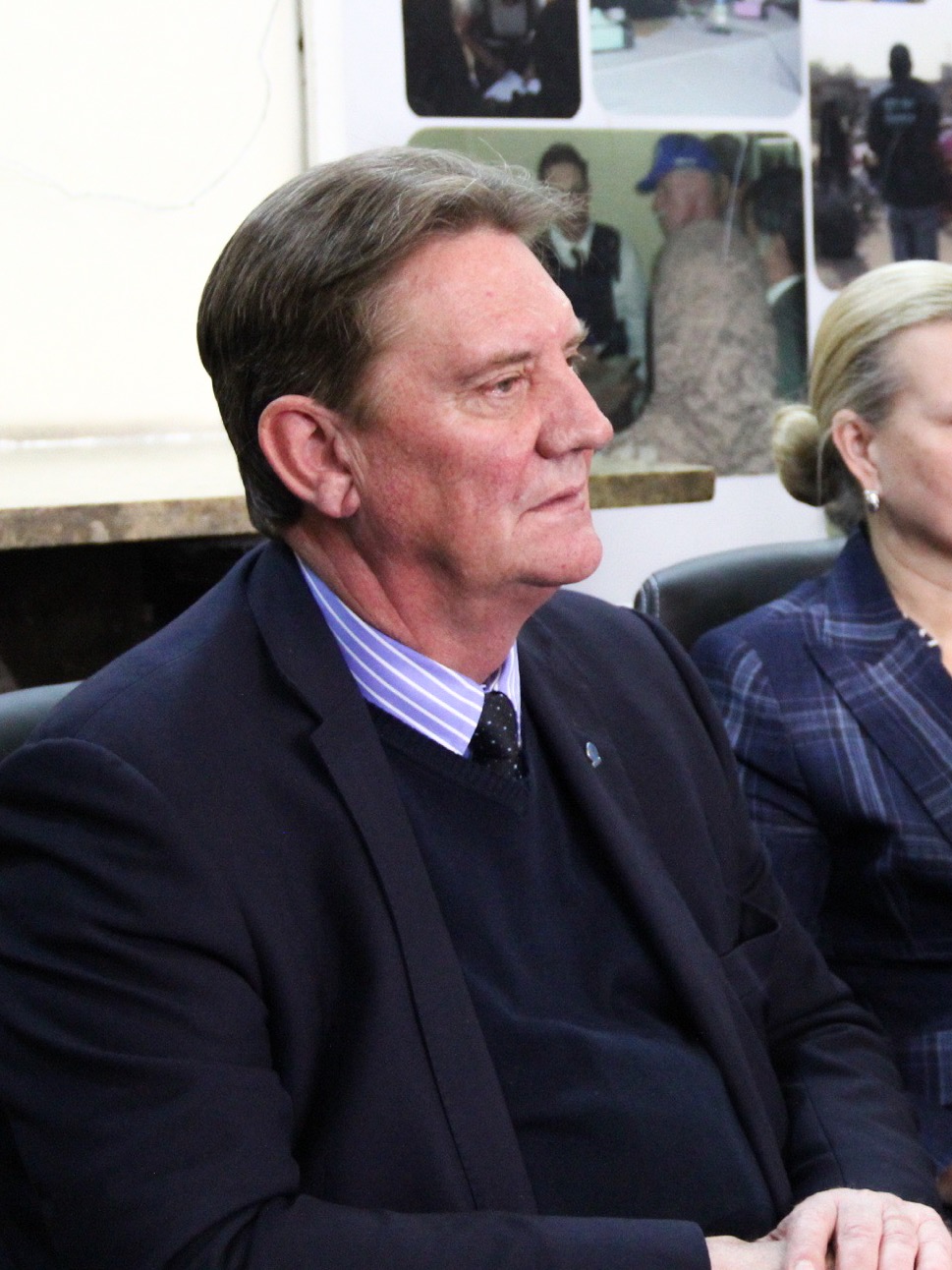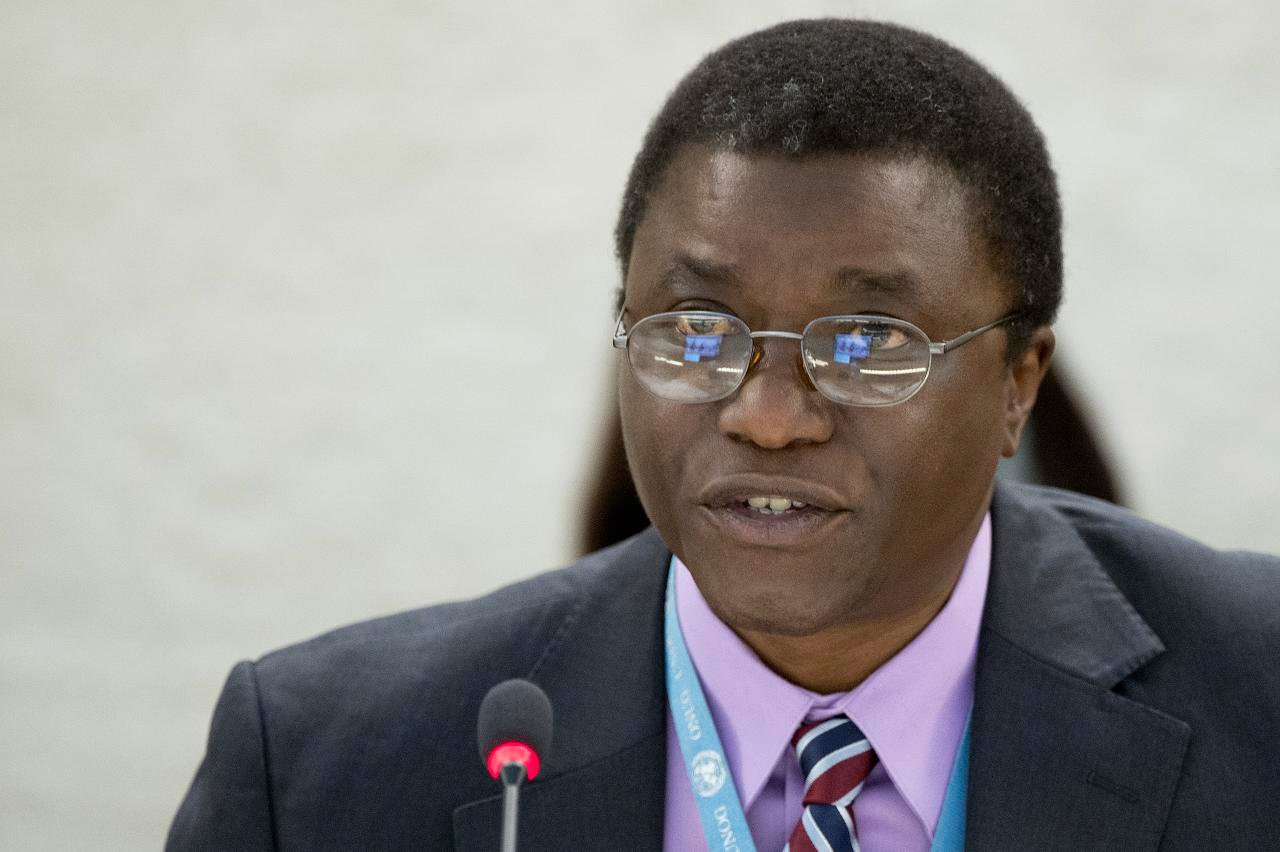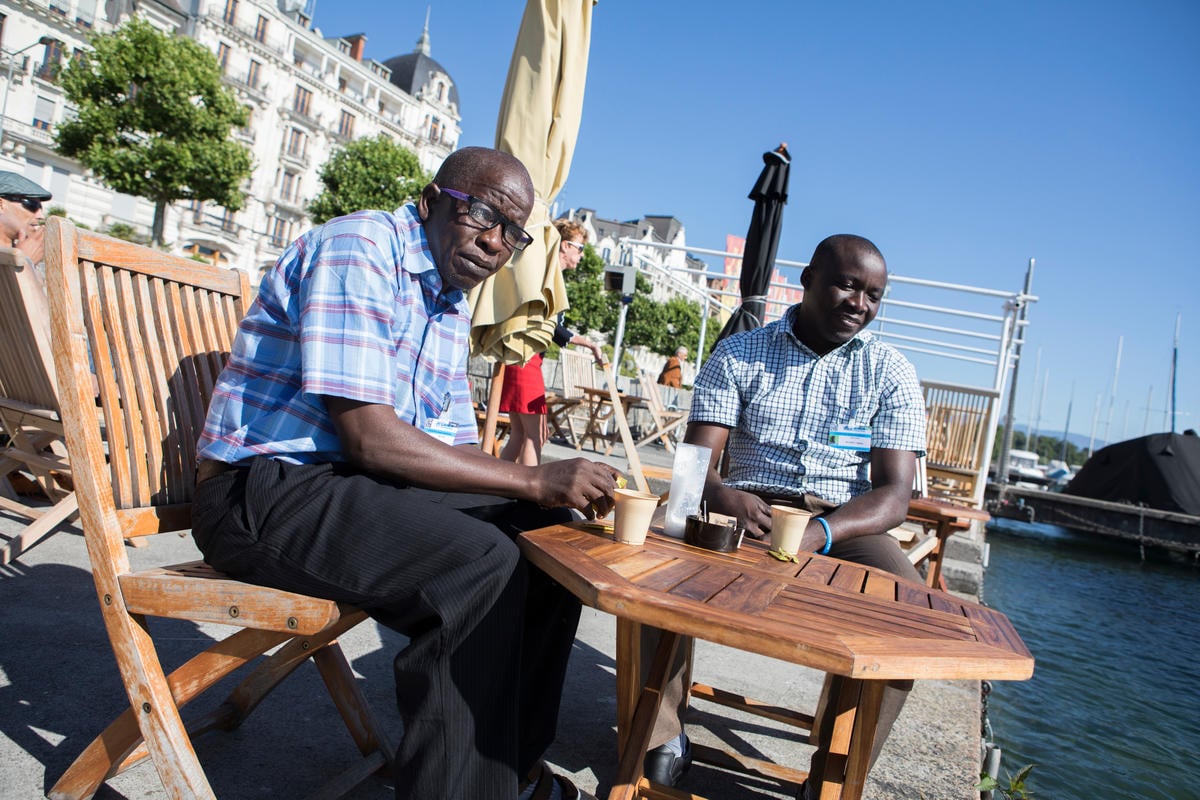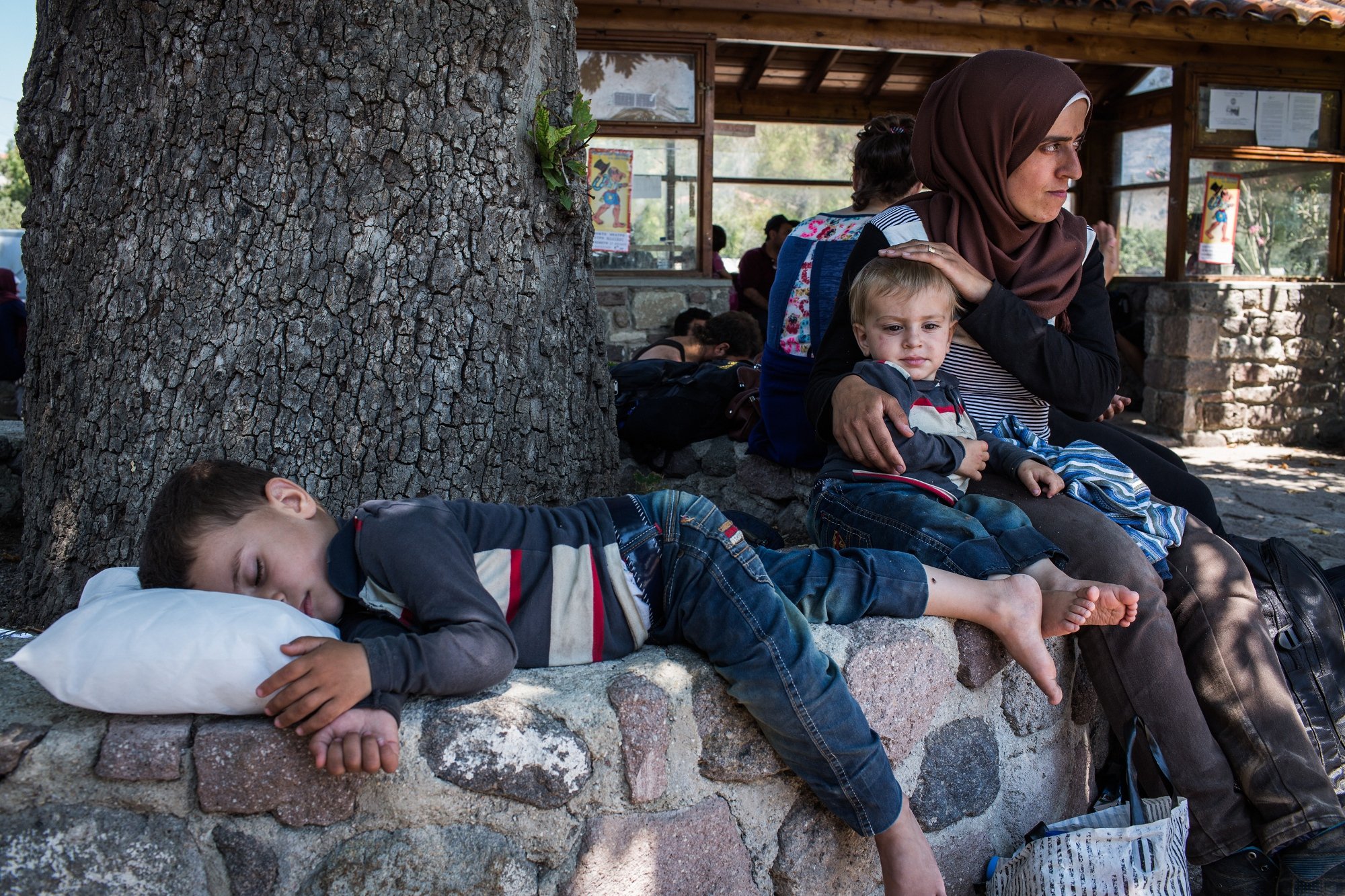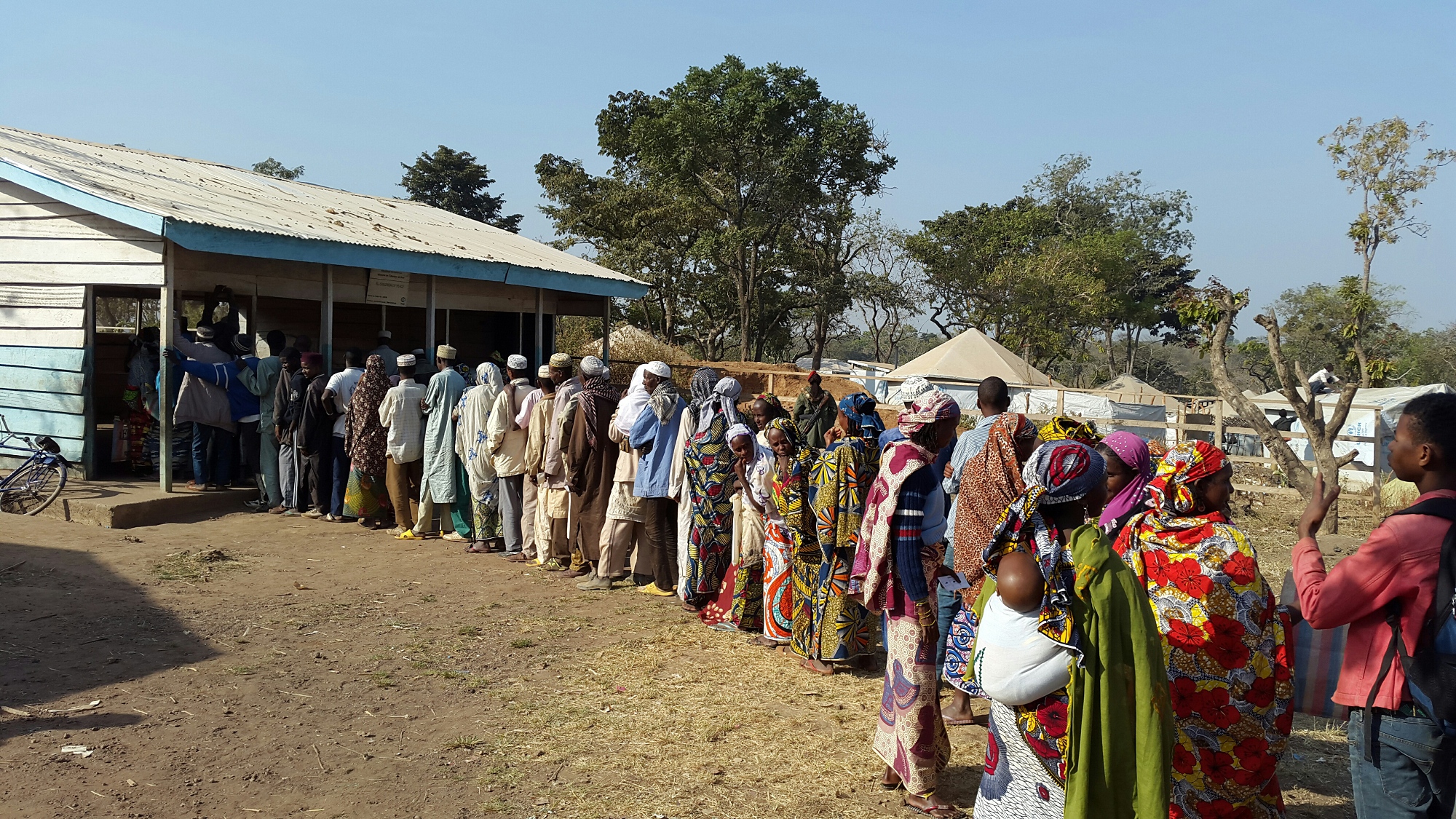Q&A: UNHCR resettlement staffer embraces opportunity to help fellow refugees
Q&A: UNHCR resettlement staffer embraces opportunity to help fellow refugees
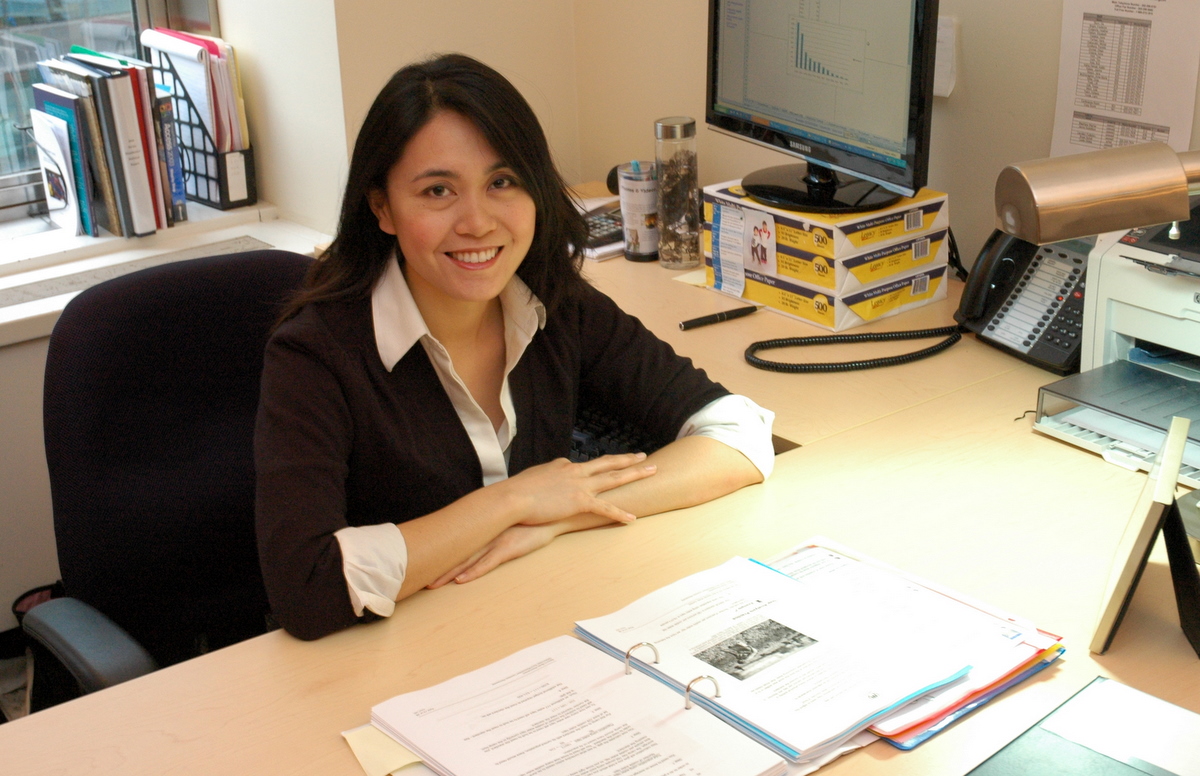
WASHINGTON, DC, United States, March 5 (UNHCR) - UNHCR staff member Tina Hinh is one of thousands of Vietnamese refugees who have been resettled to the United States. In 1978, while her mother was pregnant with Tina, her family escaped from Vietnam by boat. They ended up on Palau Bidong in Malaysia, an island that became one of the largest camps for refugees from Indochina. Her family was accepted for resettlement in the US in 1979. Tina recently spoke to UNHCR Public Information Assistant Lilli Tnaib. Excerpts from the interview:
What have you learned from your parents about life on Palau Bidong?
My mother tells me that life was very uncomfortable and difficult in the camp. My mother gave birth to me in the middle of the night with the help of a midwife in very difficult circumstances. We were sleeping in makeshift huts. My parents would swim from the island out to boats, using gold as money, to buy merchandise to sell to other refugees in order to make a little money. I became sick and my mother had to take me to a French medical boat until I was better.
While my family was there, UNHCR had a presence in Kuala Lumpur. Their staff would come to the camps by boat, register refugees and give assistance to the refugees. Later, this became a large resettlement processing site, but when my parents were there in 1979 resettlement was done on a much smaller, ad hoc scale.
.
How did you come to the United States?
My entire extended family on my father's side all left Vietnam at different times. My family and my father's sisters left together for Malaysia. My grandparents and the rest of my family went to Hong Kong. Through a resettlement programme we were all able to find ach other. I had an aunt who was resettled to the US in Michigan with the help of Church World Service. Through family tracing with UNHCR, a pastor in Michigan helped find us in Malaysia. So we joined my aunt in the spring of 1979, before the official US resettlement programme was set up in the 1980s.
Tell us about the challenges your family first faced in the United States?
When my parents came 30 years ago they did not know any English and they had no money. They only had a high school education, but they were able to work very hard and build a nice life for themselves and my [older] brother and me. It was most challenging during the first 10 years when they had to work six days a week, twelve hours a day. They worked a series of odd jobs until their English improved and, about 20 years ago, they each started their own business. Because they were working so hard, I grew up as a latch key kid. Their story became the American dream. They were able to build their lives and afford an education for their children. Fifteen years ago, my mother's family came from Vietnam to join us. My parents employed them at first and now they are also thriving with their own businesses.
What kind of refugee work have you done with UNHCR and others?
I've worked mostly in resettlement. I was working along the Thai-Myanmar border with the International Rescue Committee helping refugees from Myanmar resettle to the US before I joined UNHCR. I interviewed refugees who were going to the US. Now, I work as the assistant resettlement officer with the UNHCR office in Washington doing global resettlement statistics and resettlement casework.
Do you think your personal story has influenced your work?
Yes, I do. My parents always told me when I was growing up how amazed they were at how many different people came together to help them when they were in trouble and in need. There were so many people they never knew who helped behind the scenes.
I've always been interested in refugee issues. I felt the most connected between where I came from and what I do now was when I talked with families in Myanmar who were weighing whether they should stay where they were or resettle to the US. I would tell them that I was a refugee just like them and that I came from a place just like this. I would say that my family made that decision to come to the US, and they did it for us - the kids. My parents had a hard time. It wasn't easy at first, but America is our home. Sometimes, after I told them this, I could see hope in their eyes.

